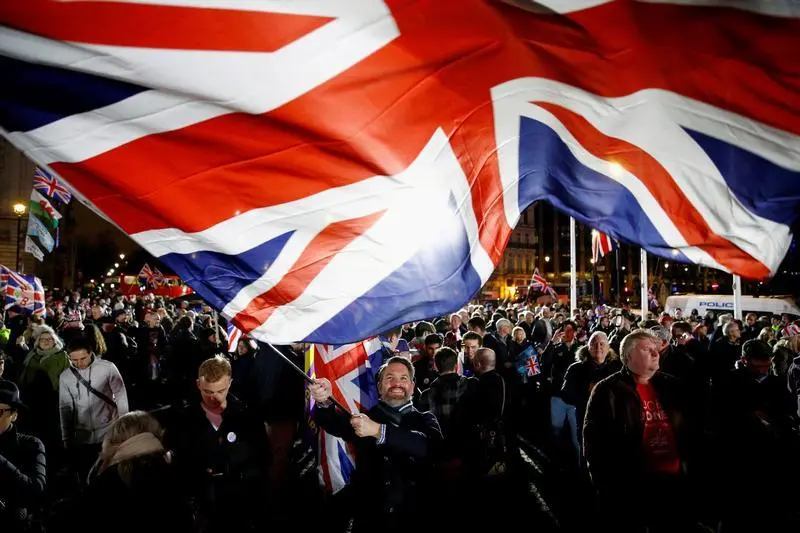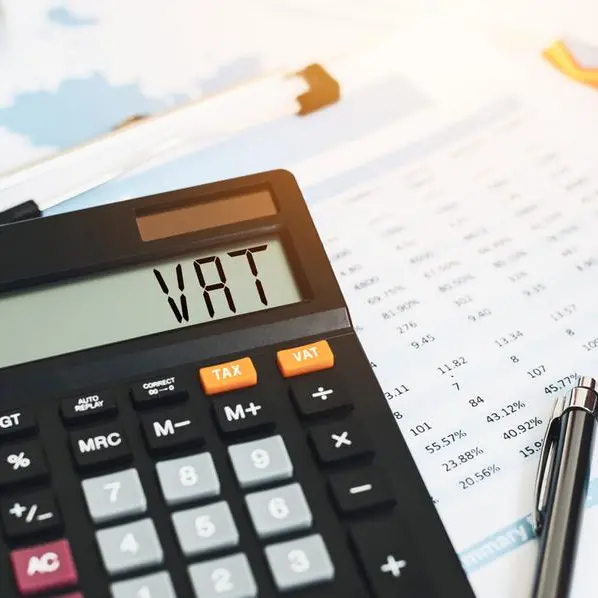PHOTO
LONDON - Britain's economy flat-lined in January, contradicting other signs of a rebound after Prime Minister Boris Johnson's big election win, according to official data which has yet to reflect the impact of coronavirus.
Shortly after the Bank of England cut interest rates and announced other emergency stimulus measures to offset the economic hit from the virus, the Office for National Statistics said gross domestic product in January alone was flat.
Economists polled by Reuters had expected monthly growth of 0.2%.
In the three months to January, the economy also showed zero growth, weaker than the Reuters poll forecast for a 0.1% expansion.
It was the third month in a row that the three-month measure of GDP showed zero growth, the weakest such run since the middle of 2009 when Britain was reeling from the global financial crisis.
Britain's economy slowed in late 2019 ahead of the Dec. 12 election that pitted Johnson and his Conservative Party against the left-wing leader of the Labour Party, Jeremy Corbyn, who favoured a much bigger role for the state in the economy.
Johnson's win also settled the uncertainty about whether Britain would leave the European Union on Jan. 31, more than three-and-a half years since the Brexit referendum.
Several business surveys have suggested a pick-up in confidence and orders after the election but that picture was not reflected in the ONS figures.
"Growth in construction, driven by housebuilding, offset yet another decline in manufacturing, particularly the drinks, cars and machinery industries," ONS statistician Rob Kent-Smith said.
"The dominant service sector also showed no growth in the latest three months with falls in retail and telecoms balanced by strength in rentals, employment and education."
There had been signs of a bounce-back in December's GDP figures which showed the economy grew by 0.3% in monthly terms.
In annual terms, GDP in January was 0.6% higher than in the same month a year earlier, half the annual growth rate in December.
Wednesday's data showed that Britain's dominant services sector grew by 0.1% in January from December. Industrial output fell by 0.1% but manufacturing rose by 0.2%.
Trade figures from the ONS showed Britain posted a smaller-than-usual goods deficit for a third month in a row at 3.270 billion pounds, narrowed by volatile exports of precious metals, such as gold.
Excluding erratic items and oil, the goods trade deficit stood at 8.248 billion pounds.
(Reporting by William Schomberg and Costas Pitas) ((uk.economics@reuters.com, Tel +44 207 542 7748))





















